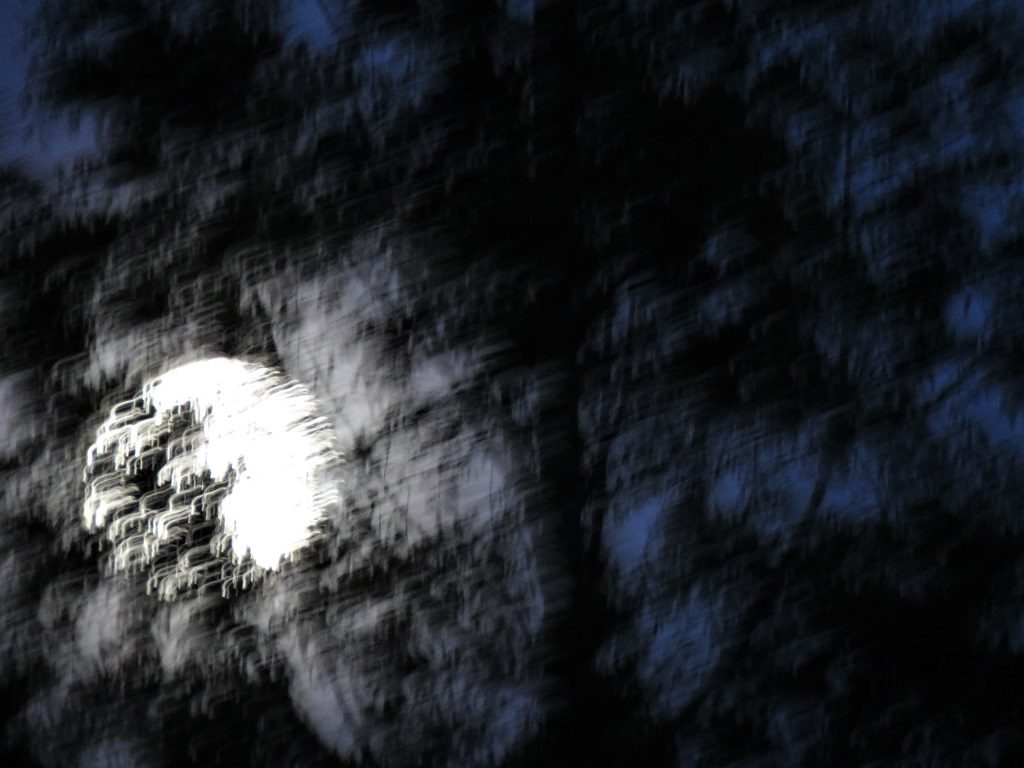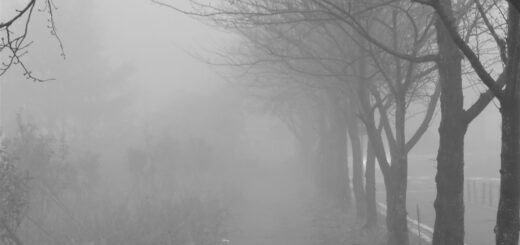The Expanded Consciousness Dream
About a year ago, John Cleese was interviewed by Reason Magazine editor-at-large Nick Gillespie, in front of an enthusiastic audience of libertarians. One of the topics of discussion was creativity, a subject on which Cleese has spoken extensively over the years. At one point in the interview, full of giddy expectancy, Gillespie, citing Cleese’s Monty Python writing partner (and alcoholic) Graham Chapman as an example, asks whether drugs and alcohol fuel artistic creation. Cleese replies quickly and confidently, to the pin-drop disappointment of interviewer and audience alike: “I don’t think so.” And when Gillespie nevertheless insists on proving his ignorance to the full, directly asking the question he had obviously written in his notes in advance in anticipation of a big crowd-pleasing moment — “Do you use any ‘performance-enhancing drugs’?” — Cleese reflects for a moment, and then replies with a perfect combination of gracious leniency and comic timing, “Money.”
Cleese’s answer is almost as self-evident as the question is childish and self-revelatory, and every bit as refreshing for me to hear from a modern artist as it was disturbing to Gillespie and the rest of the anti-rationality libertarian crowd that dares to promote its dubious cause with the imprimatur of a publication amusingly but antiquatedly named Reason. The desperateness of “educated,” “serious” drug and alcohol abusers to rationalize their weakness or hedonism with nonsense about achieving higher states of consciousness through chemical substance use is just a more sophisticated, and therefore in a sense more pathetic, iteration of the run-of-the-mill mantras of alcoholics and drug addicts everywhere: “It helps me relax,” “I have so much stress right now,” “It allows me to talk with others more sincerely,” “It lubricates friendships,” and so on. No, it short-circuits the natural nervous energy that drives deep investigation, self-development, and the straining independence of mind and emotion that constitute adult maturity; numbs the soul to its natural needs and duties; dulls the discrimination and incisiveness that allow verbal language to become the subtle instrument of spiritual translation that it is meant to be; and retards the very faculties upon which all interactions worthy of the name “friendship” in the proper sense are founded.
As for so-called creativity (a quintessentially modern, highly questionable notion), or, to speak more properly, unconventional thinking of either the theoretical or productive sort, there can be little doubt that such higher reaches of the individual soul — or rather such reachings toward the truly individual soul, such stretchings beyond the limits of the collective thought processes in which we are all reared, and to which we are all, to varying degrees, bound — entail freeing the mind from the network of well-established tributaries that ordinarily collect all the ideas cascading down from mountain storms and direct them into the safe and predictable reservoirs of conventional thought. But let us follow this metaphor to its rational implication: To believe that artificial brain-altering substances might result in transcendant perceptions of reality is akin to imagining that diving into the murkiest and stalest depths of that safe and predictable reservoir itself, such that one can no longer even breathe its open air, let alone see its limits or identify its sources, could somehow be the means to a freer, less ordinary flow of ideas. On the contrary, it will lead, at best, to the kaleidoscopic delirium of suffocation in which, perhaps, the flashing colors of a disconnected mind may be mistaken for the view of Earth from beyond the atmosphere which Socrates, in Plato’s Phaedo, divines in the final hours of his life. That is to say, the mental disarray of artificially-induced intoxication is the empty silhouette of the truly unconventional vision that may be accessed in the rarest moments of heightened lucidity, standing to the latter as a village idiot’s muttering stands to Book XII of Aristotle’s Metaphysics.
Real intoxication, which is to say that which results from drinking to the bottom of time, or inhaling from the heights of hard-earned passion, awaits its storm cloud with perfectly focused anticipation, prepared to intercept being and beauty in their descent, before they fall into those socially-entrenched gutters of conventional meaning to which the mere drunkard or drug user has long since enslaved himself.



